Don't Be a Dick
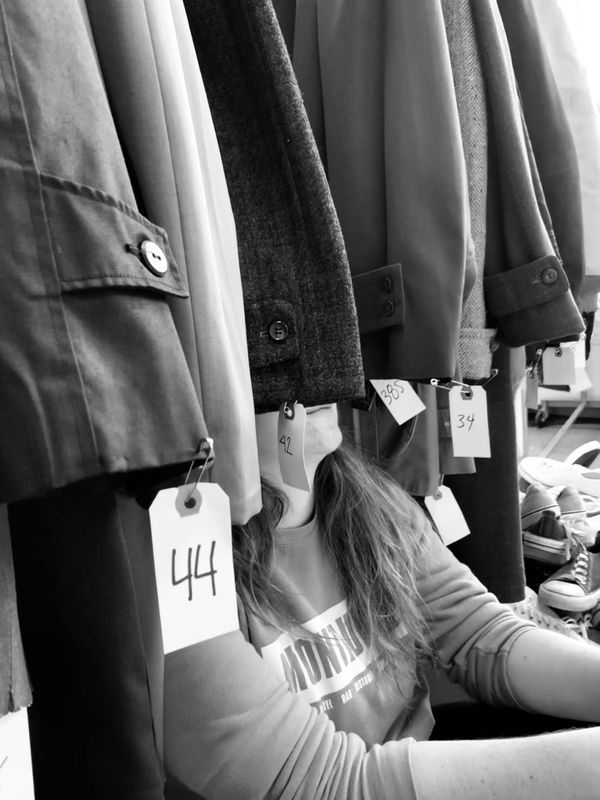
The only thing your heroes all have in common is that they work really fucking hard. And it’s only through doing this work, quietly and in the background, that you can ever hope to have a respected career.
Shut Up and Listen

It’s not as easy as it may seem to take notes when you put your heart and soul into something.
"I Wrote About Parties"
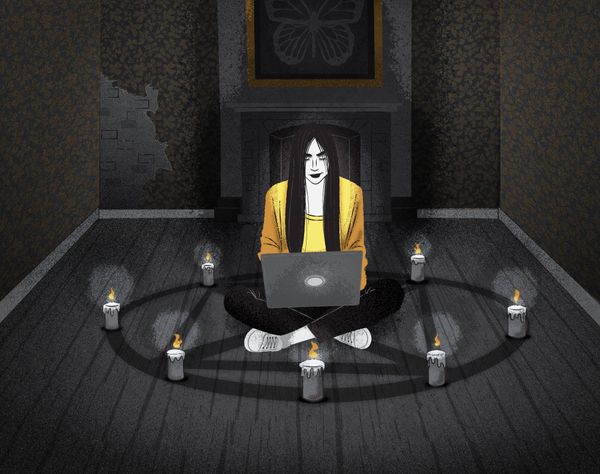
And you know what happens when you take the time to play? You happen. Your very best self.
Managing Self-Doubt in Crowdfunding and Marketing
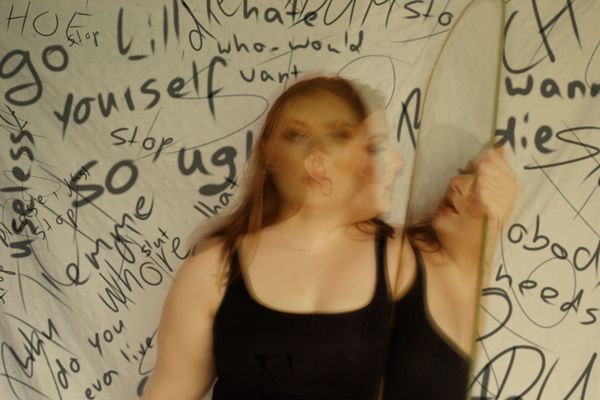
Let’s find a strategy that works for you so you can go into the world confident and ready to share your story in the way most authentic to you.
Interview: Jessi Honard and Marie Parks
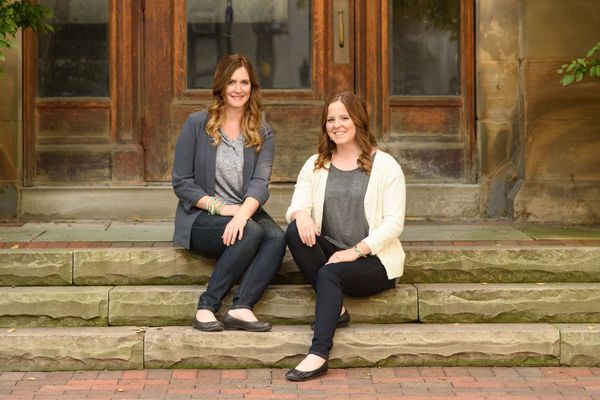
It’s so fulfilling to work alongside someone who intuitively understands my intentions, knows when to push back, and can help fill in the gaps of knowledge and experience.
Absolutely No One is Stealing Your Idea
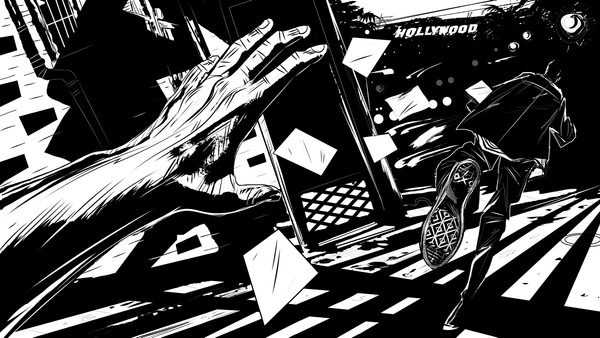
Look, I’m not going to stand here and tell you that this has never happened in the history of showbusiness. But these instances get so blown out of proportion that it creates a false narrative.
Artist Snapshot: Meryl Jones Williams
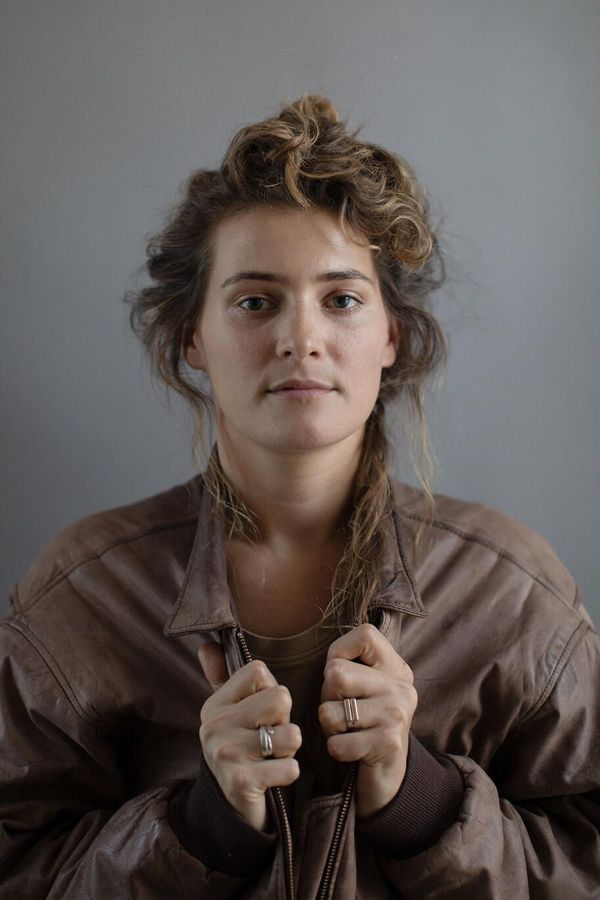
Having been told my entire life I feel too much, I am now in love with working in a medium that defies a lie we tell ourselves to avoid transformation.
A Home at the Edge of the Storm: Emily Best and the Evolution of Seed&Spark
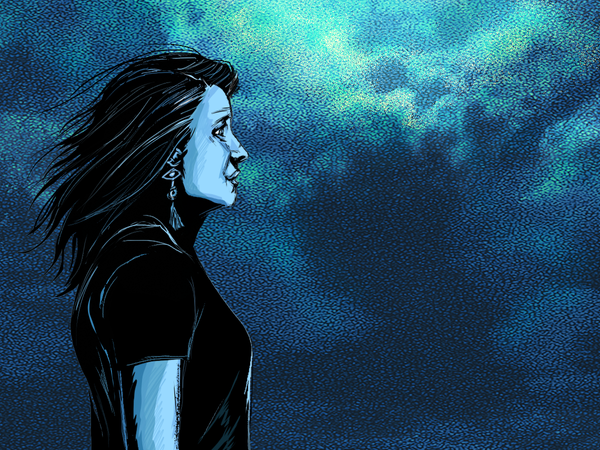
"My dad gave me solemn advice: when the going gets tough, just do the next right thing right.”
"Is This a Thing?"
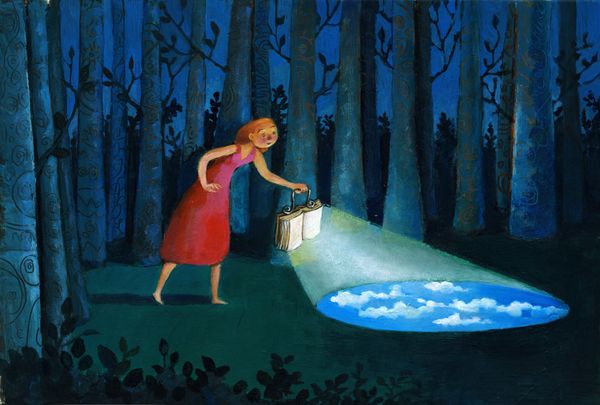
WME had just sent out my novel on wide submission. I’d had a call with the book-to-film department that morning about potential adaptations . . . It really did seem like it was my moment—I was closer than I’d ever been to breaking through.
Kill the Cat: Storytelling Structures for Screenwriters Sick of the Hero’s Journey

Raise your hand if you’ve ever been personally victimized by "The Hero’s Journey." Now that every screenwriter’s hand is up ...
Artist Snapshot: Bernardo Duran, Jr
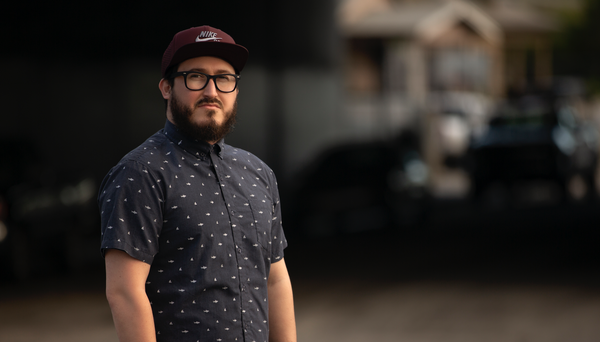
When you start writing, your first instinct is to want to write for other people—but you quickly learn that it's not always sustainable to do so.
Snow Girl Found
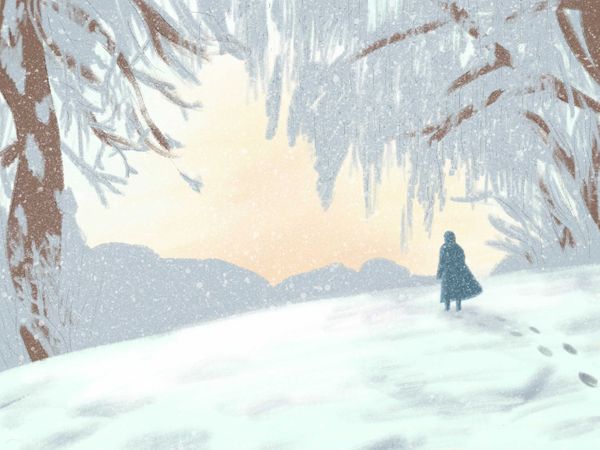
Years ago, I met my true love here. I was six, he was six. Now I’m fifteen, and so is he. He waits for me on these chilly winter mornings. His lips are cold, they melt when they touch mine.
Play Time is Over

"It feels like a play." Of all the notes I got in the beginning of my screenwriting master’s program, this one hurt the most.
#Content: The Internet and the Democratization of Art

For years, the rich and the powerful have been the unseen gatekeepers of art and culture, using the concept of “exposure” as an exploitative currency. And for the first time in human history, that paradigm has changed.
Artist Snapshot: Grace Swee
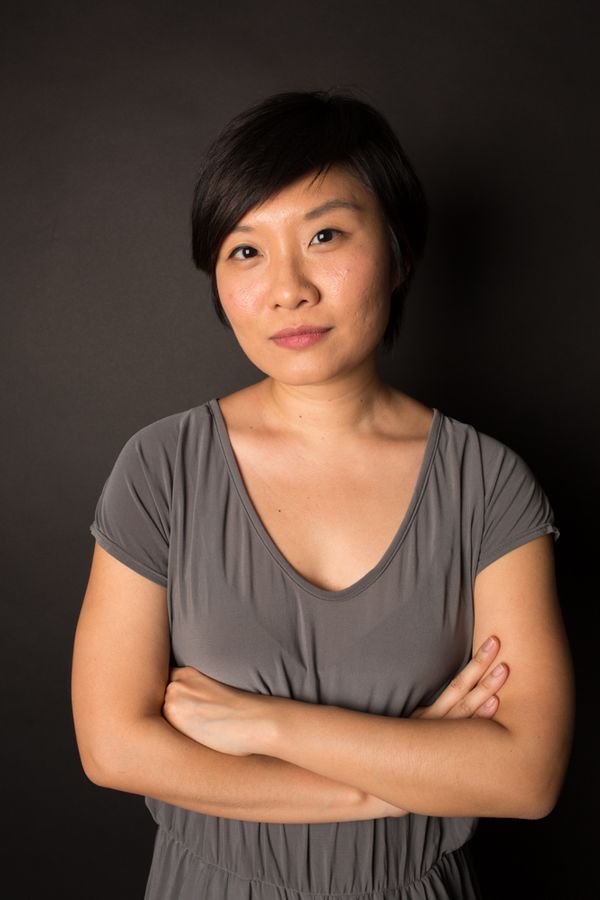
It's okay to take the time to find and seek—both yourself and the story you hope to tell.

